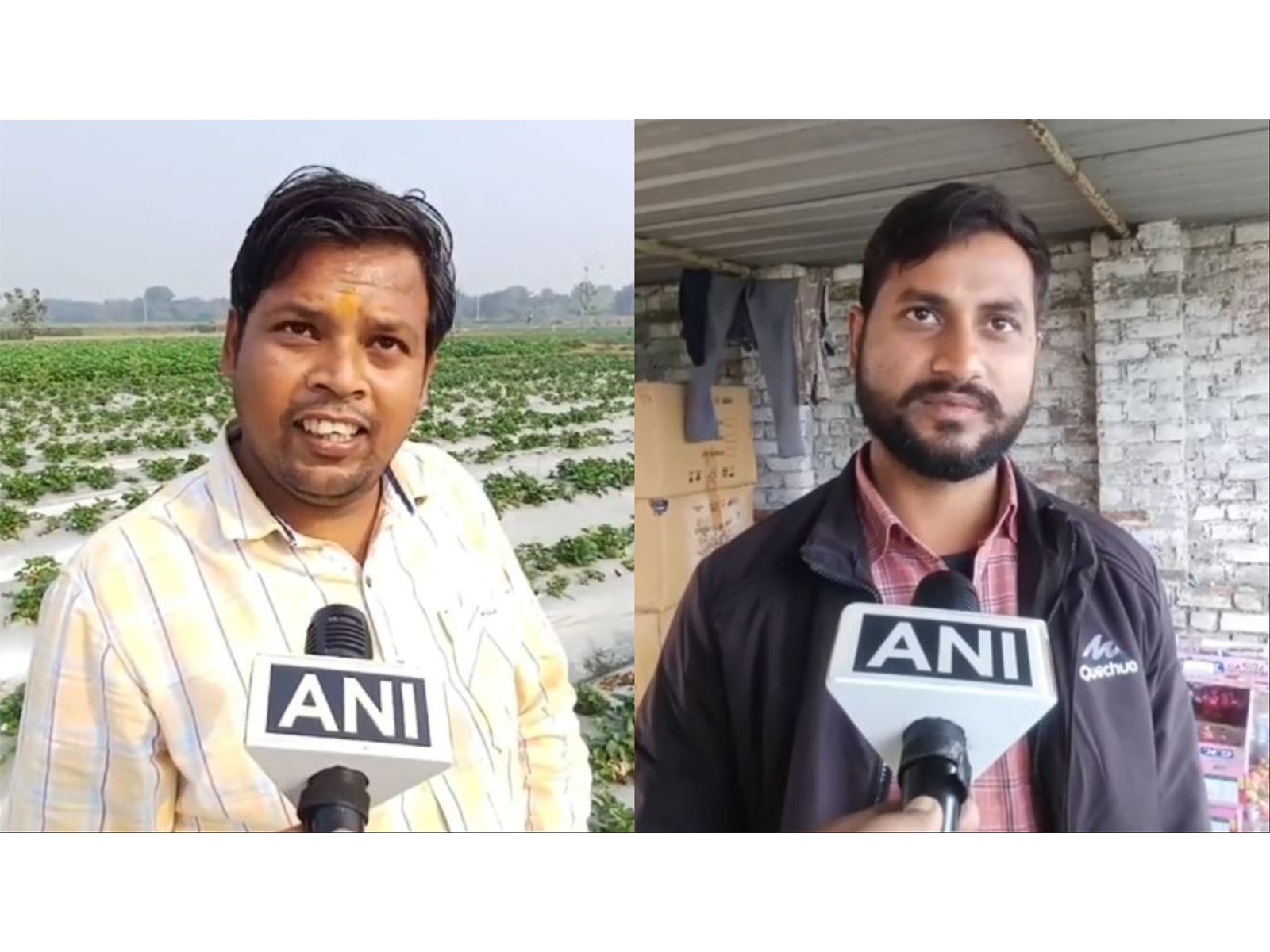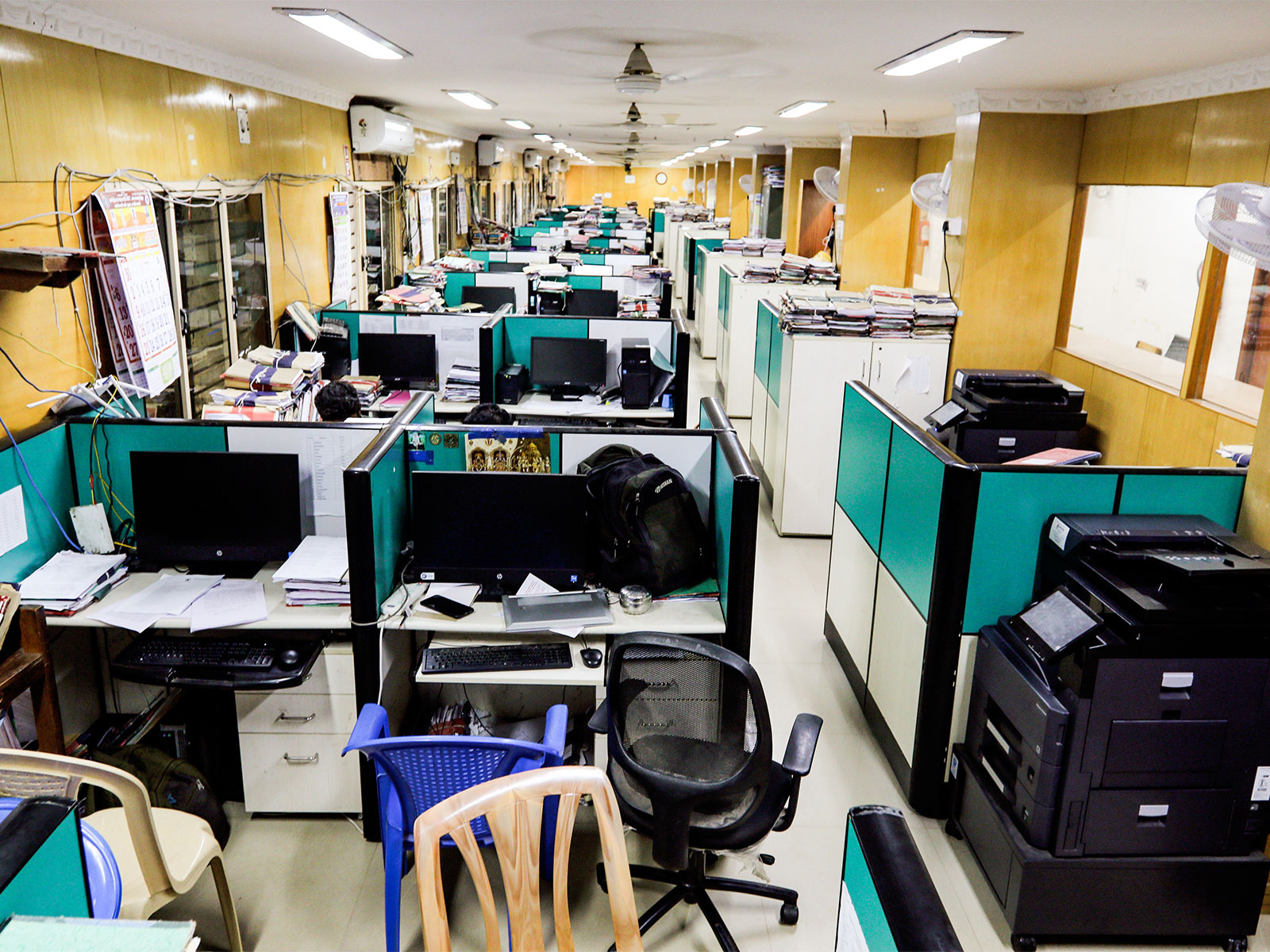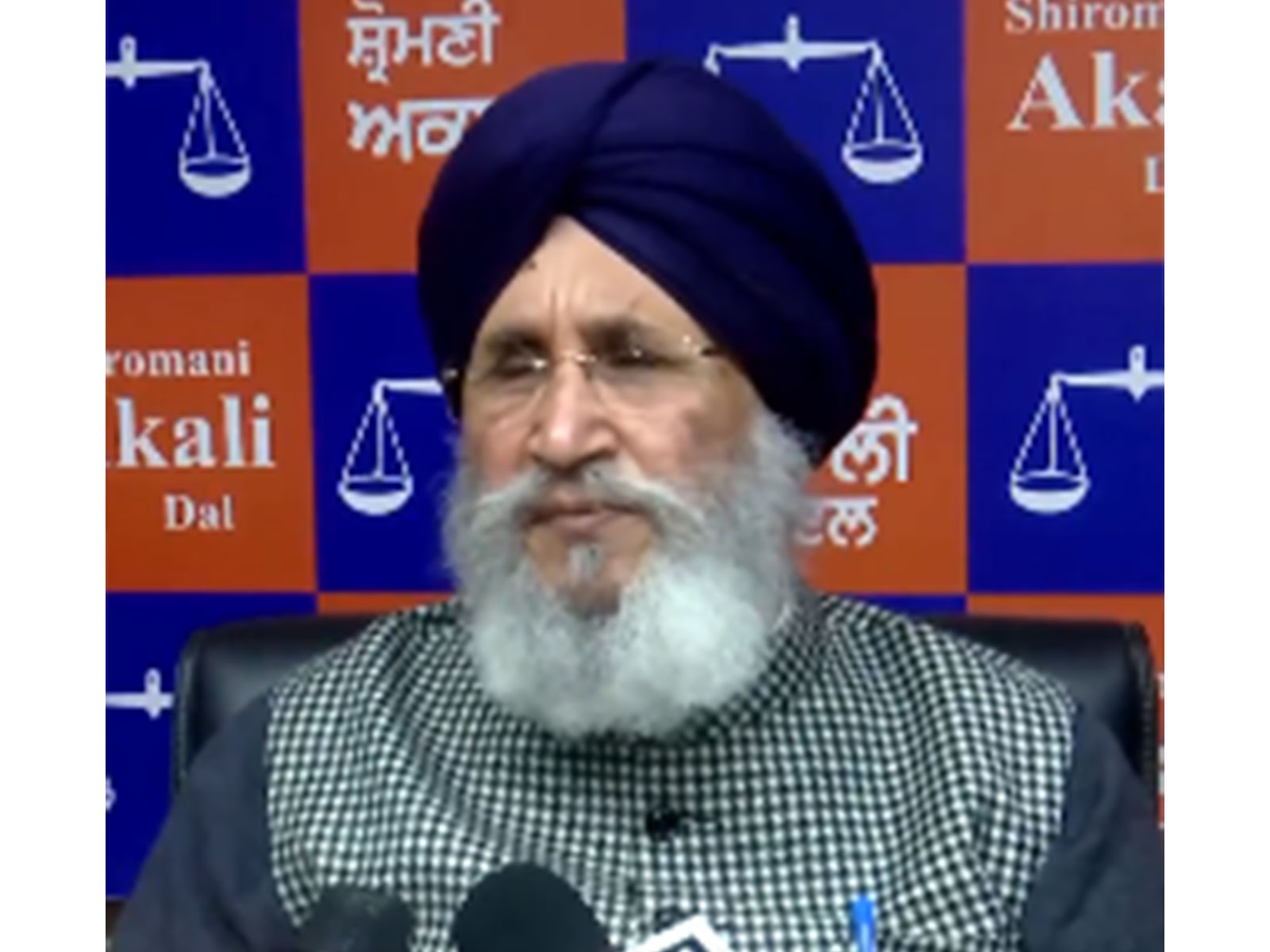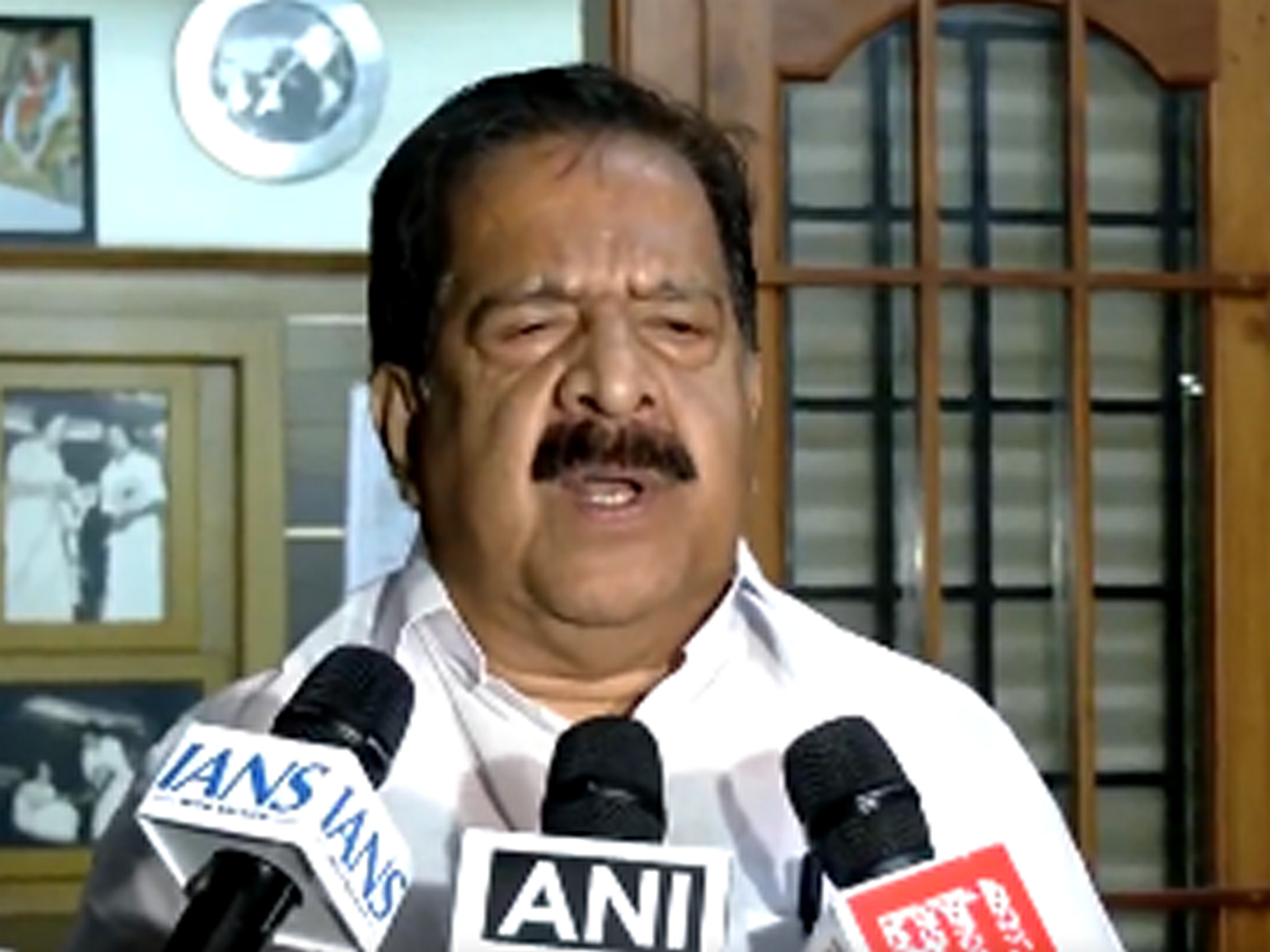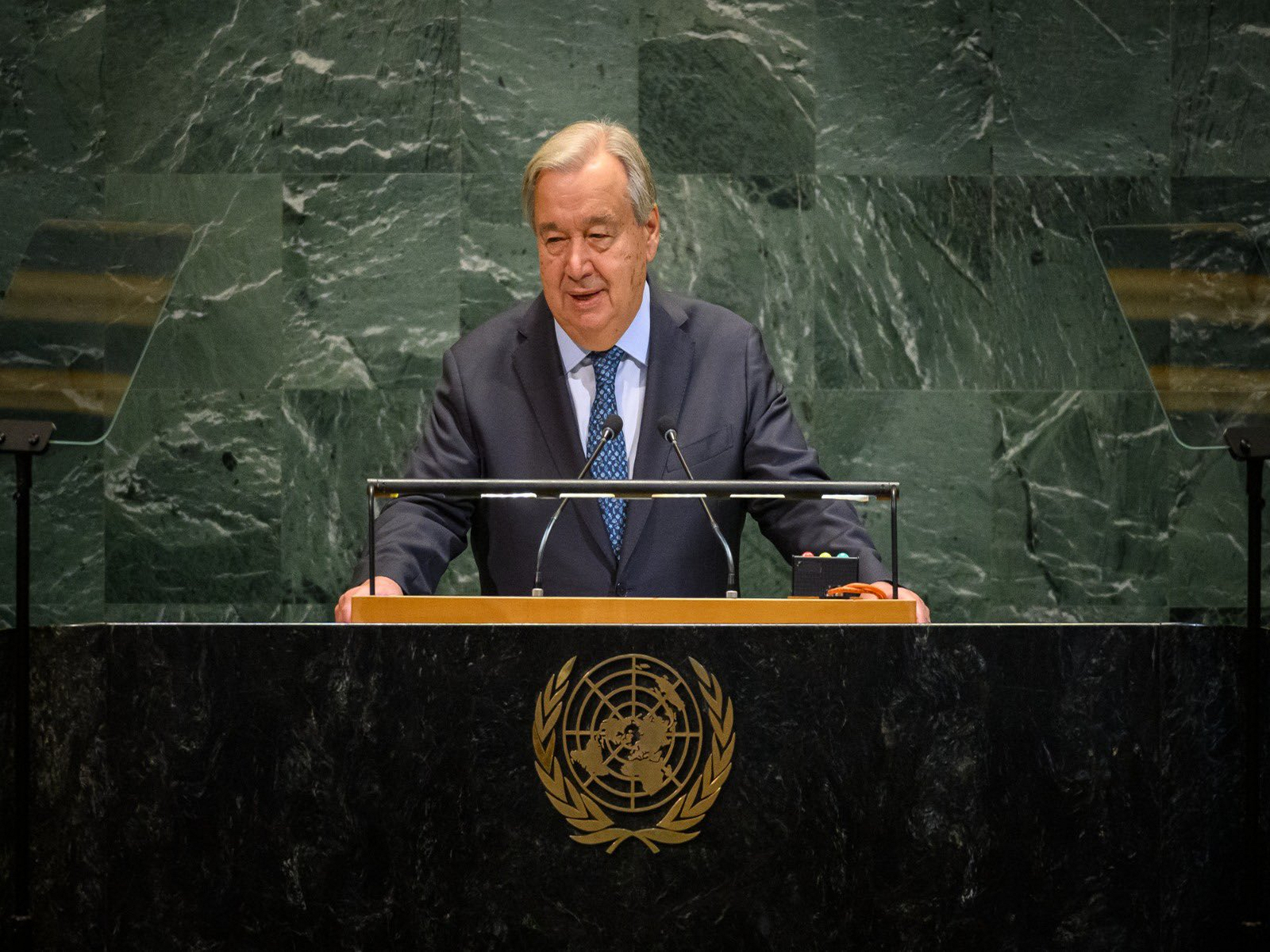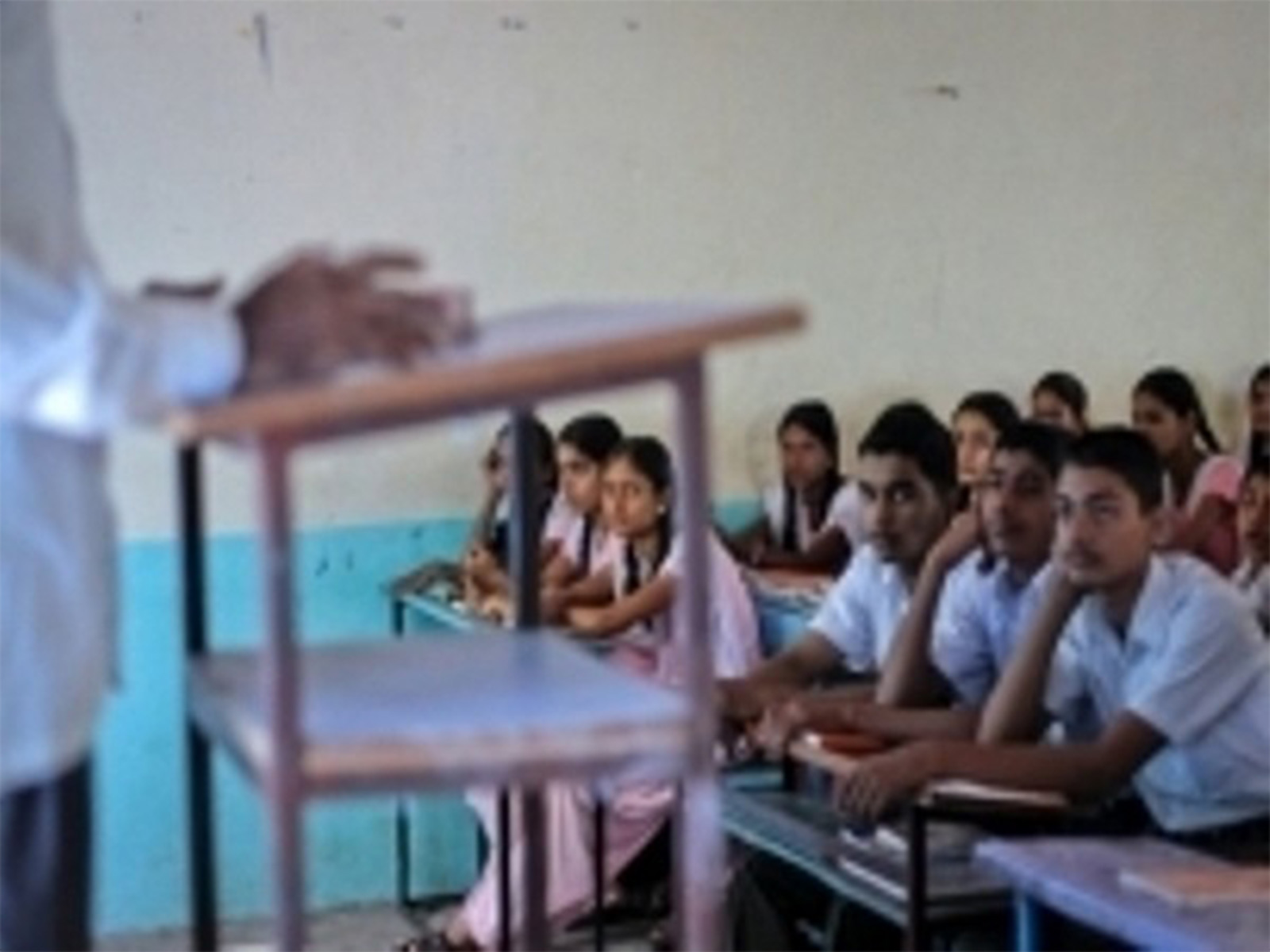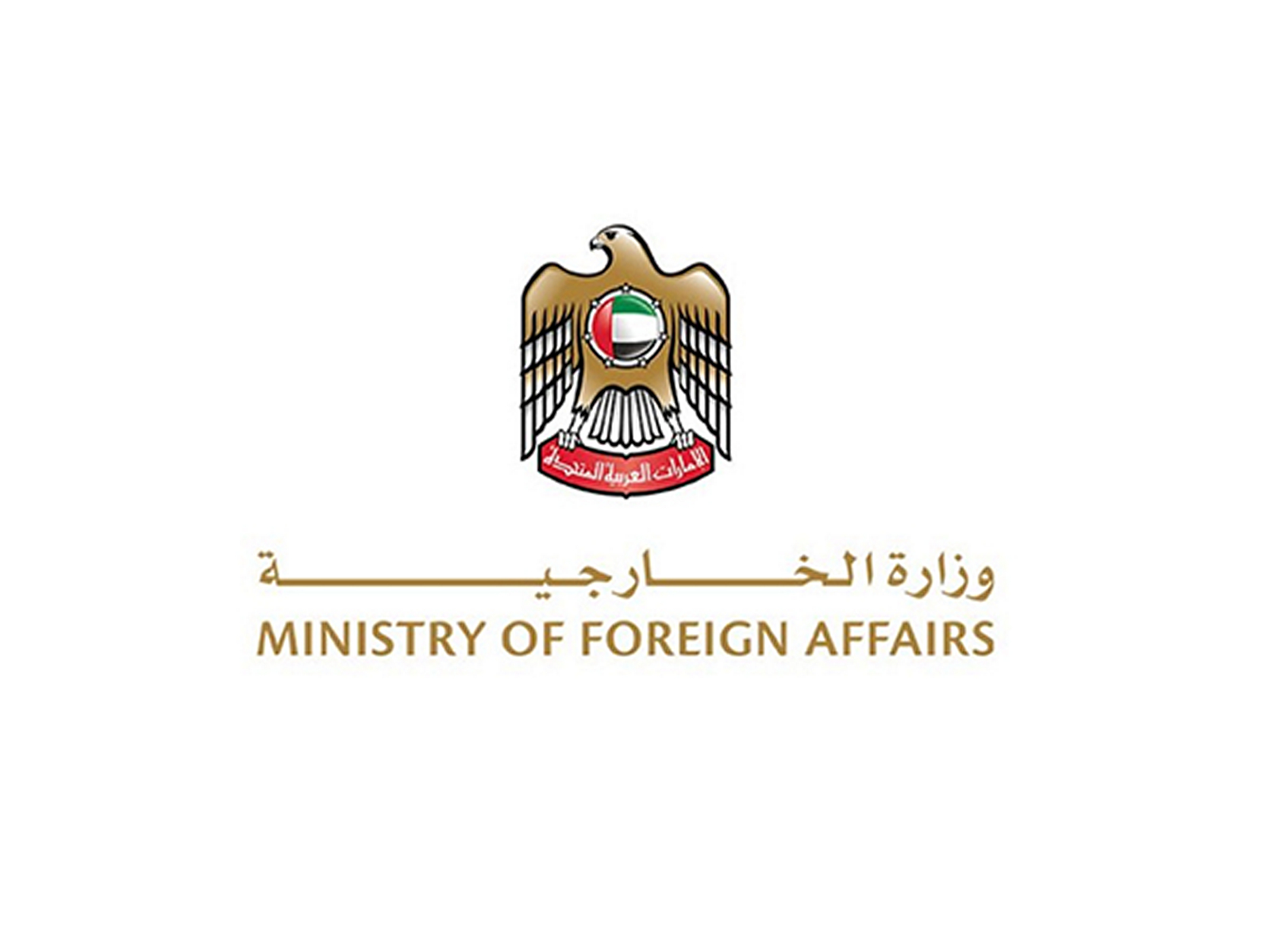Record-breaking Diwali sales reflect India's economic strength and Swadeshi spirit: CAIT
Oct 21, 2025
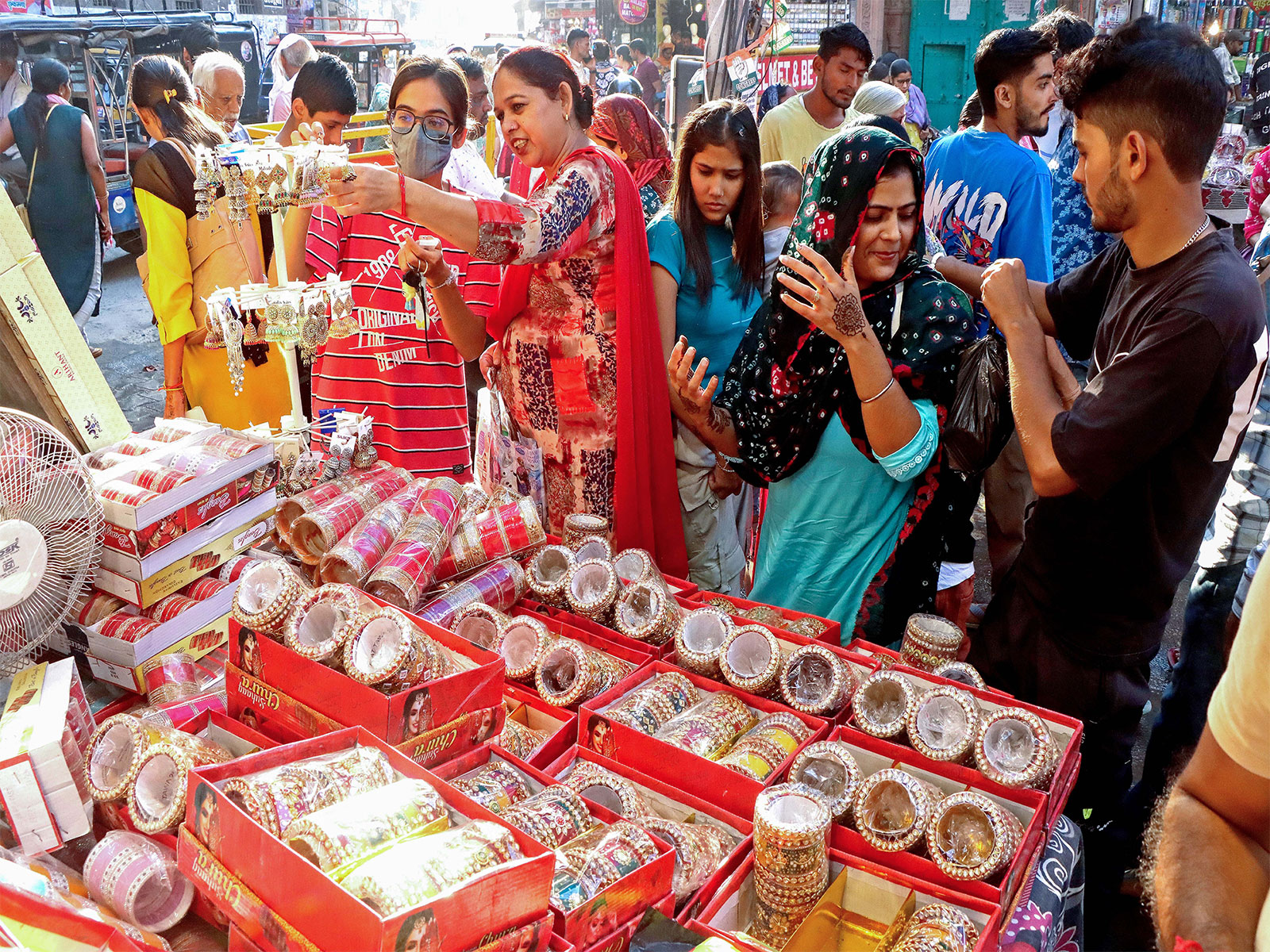
New Delhi [India], October 21 : Record-breaking Diwali sales of Rs 5.40 lakh crore in goods and 65 thousand crores in services reflect India's economic strength and Swadeshi spirit, said trade body Confederation of All India Traders (CAIT).
CAIT has released its comprehensive "Research report on Diwali festival sales 2025", based on an extensive nationwide survey across 60 major distribution centres, including state capitals and Tier 2 & 3 cities, conducted by its research wing, CAIT Research & Trade Development Society.
According to the study, total Diwali sales this year touched a record Rs 6.05 lakh crore, comprising Rs 5.40 lakh crore in goods and Rs 65,000 crore in services, marking the highest-ever festive business in India's trading history.
Delhi's Chandni Chowk MP & Secretary General of the CAIT, Praveen Khandelwal, said that the report highlights that Prime Minister Narendra Modi has emerged as a "strong brand ambassador" of GST rationalisation and Swadeshi adoption, inspiring both the trading community and consumers alike.
Khandelwal said that the Prime Minister's call for "Vocal for Local" and "Swadeshi Diwali" resonated deeply with the public -- 87 per cent of consumers preferred Indian-made goods over imported products, resulting in a sharp decline in demand for Chinese items. Traders reported a 25 per cent surge in sales of Indian-manufactured products compared to last year.
Khandelwal said that the Diwali 2025 trade figures indicate a 25 per cent rise over last year's Rs 4.25 lakh crore sales. Mainline retail -- particularly non-corporate and traditional markets -- contributed 85 per cent of total trade, underscoring a powerful comeback of India's physical markets and small traders.
CAIT National President BC Bhartia stated that during the festive season, the sector-wise distribution of sales shows Grocery & FMCG leading with 12 per cent, followed by Gold & Jewellery at 10 per cent, Electronics & Electricals at 8 per cent, Consumer Durables and Ready-made Garments each at 7 per cent, and Gift Items also at 7 per cent.
Home Decor and Furniture & Furnishing account for 5 per cent each, as do Sweets & Namkeen. Textiles & Fabrics contribute 4 per cent, while Pooja Articles, Fruits & Dry Fruits, and Bakery & Confectionery each hold 3 per cent. Footwear accounts for 2 per cent, with Other Miscellaneous Items making up the largest share at 19 per cent. Additionally, he highlighted that the expansion of the service sector has added Rs 65,000 crore to the festive economy.
He added that alongside retail trade, services such as packaging, hospitality, cab services, travel, event management, tent & decoration, manpower, and delivery generated an estimated Rs 65,000 crore, reflecting the ripple effect of the festive economy across multiple sectors.
Khandelwal said that GST rate rationalisation fuels consumer demand. The report found that 72 per cent of surveyed traders attributed higher sales volumes directly to reduced GST rates on daily-use items, footwear, garments, confectionery, home decor, and consumer durables.
Consumers also expressed greater satisfaction with stable pricing, which encouraged sustained festive spending.
The trade leaders said that Trader & consumer sentiments are at a decade high. They added that the Trader confidence Index (TCI): 8.6 / 10 and Consumer confidence index (CCI) stands at 8.4 / 10. Both traders and consumers believe the increased consumption trend is sustainable, driven by stable inflation, higher disposable income, and confidence in the national economy. The report notes that this festive surge will continue through the winter, wedding, and upcoming festive season from mid-January.
While talking about employment & economic Impact of the festive sales, Khandelwal said that the non-corporate, non-agriculture sector -- comprising over 9 crore small businesses and millions of manufacturing units -- continues to be the main engine of India's growth. Diwali 2025 trade created 50 lakh temporary jobs in logistics, packaging, transport, and retail services. Rural and semi-urban India accounted for 28 per cent of total trade, confirming deeper economic participation beyond metros.
Khandelwal said that based on the research report, it is recommended to simplify GST compliance and enhance credit access for small traders and manufacturers. Develop logistics and warehousing hubs in Tier 2 & 3 cities. Promote low-MDR digital payments and market digitisation. Strengthen traffic, parking, and urban market infrastructure. Continue "Swadeshi" promotion through coordinated trade-government messaging.
"This year's Diwali has been historic -- a festival of prosperity, nationalism, and economic confidence," said the CAIT Research & Trade Development Society. "Under the visionary leadership of Prime Minister Narendra Modi, India's retail trade sector has proven itself as the backbone of Aatmanirbhar Bharat, symbolising the fusion of tradition, technology, and trust," said Khandelwal.
